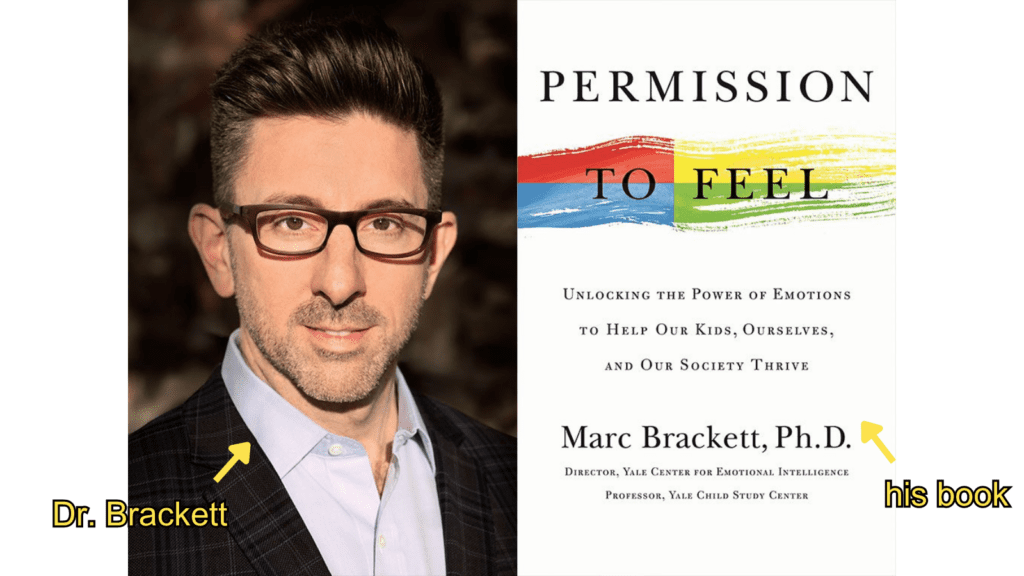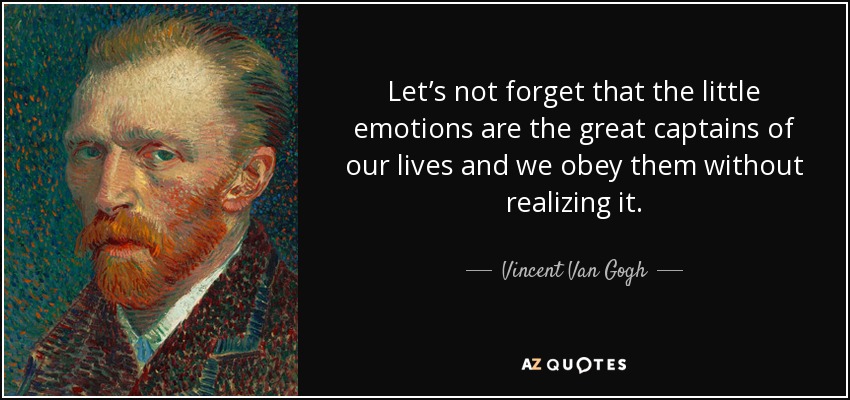Getting Emotionally Intelligent with Dr. Marc Brackett
Ever feel like you’re navigating life with an emotional GPS that’s broken?
Recently, Dr. Marc Brackett came on the Andrew Huberman’s podcast to drop his wisdom on how you can improve your emotional intelligence.
Dr. Brackett is:
- A professor of Psychology at Yale University
- Founding Director of the Yale Center for Emotional Intelligence
- Author of “Permission to Feel,” a research-based guide to understanding emotions

So when Brackett talks about emotions, it’s ain’t fluff. It’s backed by science and years of research. This guy has spent his career figuring out how our emotions work and how we can get better at managing them.
How to improve your emotional intelligence
What is emotional intelligence?
Dr. Brackett breaks it down with the acronym: RULER
Recognizing emotions
Understanding emotions
Labeling emotions
Expressing emotions
Regulating emotions
Why you should care about emotional intelligence
Understanding your emotions (and other people’s) can help you:
- Navigate relationship drama
- Make better decisions (not drunk-texting your ex at 2 AM)
- Enjoy your job (at least hate it less)
- Feel more content with life

The yellow belt story
A few stories from Dr. Brackett that show emotional intelligence IRL:
In the first, 13-year-old Marc Brackett, future emotion expert, failed his yellow belt martial arts test.

Failing the test could lead to two very different emotional responses:
- Disappointment: “Dang, I need to practice more.”
- Fear and anxiety: “Those bullies watching me made me mess up.”
Same event, totally different emotions. And each requires a different approach to deal with.
The lesson? The same input can create different emotional responses. In different people, and even within ourself depending on our mindset.
The introvert story
Fast forward to adult Marc in Australia. He’s just given a killer presentation and all he wants is some alone time on the train back to his hotel. But the event organizer offers to drive him.
What does he do? Says yes, of course. Because even geniuses struggle with boundaries sometimes.
Result? He felt drained and frustrated with himself.
The takeaway? Knowing yourself (your personality traits and emotional needs) is important for managing your emotions effectively.
Why Dr. Brackett hates emojis
Dr. Brackett says he has beef with emojis 🙂😂😭
He’s worried we’re losing our emotional vocabulary and are simplifying emotional expressions.
Having a rich emotional vocabulary helps you:
- Communicate your feelings more accurately
- Understand others better
- Develop better strategies for dealing with emotions
So next time you’re feeling 😠, you could try explaining why “I’m feeling frustrated because…”.

Behavior ≠ Emotions
Someone stomping their feet might not be angry. They could be sad.
Behavior and feelings don’t always line up.
So don’t assume you know what someone’s feeling based on their behavior alone. Ask questions, be curious.
Contentment > Happiness
Many people are so fixated on achieving constant happiness.
Dr. Brackett thinks we should be aiming for contentment instead.
Contentment is like happiness’s chill cousin.
It’s not about being ecstatic 24/7 (which would be exhausting). It’s more about feeling satisfied and complete with where you are right now.

You can get closer to contentment by:
- Understanding your emotions
- Managing them (emotional intelligence)
- Being okay with not always feeling okay
Personality and emotional intelligence
Your personality doesn’t determine your emotional intelligence, but it does affect how you might approach it:
For example:
Introverts might need to work on expressing emotions more openly
Extroverts might need to practice listening to others’ feelings without jumping in to fix things
7 steps to emotional intelligence
- Learn the RULER skills
- Expand your emotional vocabulary (beyond emojis)
- Understand the why behind your feelings
- Don’t assume behavior = emotion
- Aim for contentment, not constant happiness
- Know yourself and your emotional tendencies
- Practice, practice, practice
Improving emotional intelligence isn’t about becoming some zen master who never gets upset. It’s about better understanding and managing your emotions.
So you can handle life’s ups and downs with control.
Hopefully, this article could help you do that at least a little bit better
Love ya
– Josh



